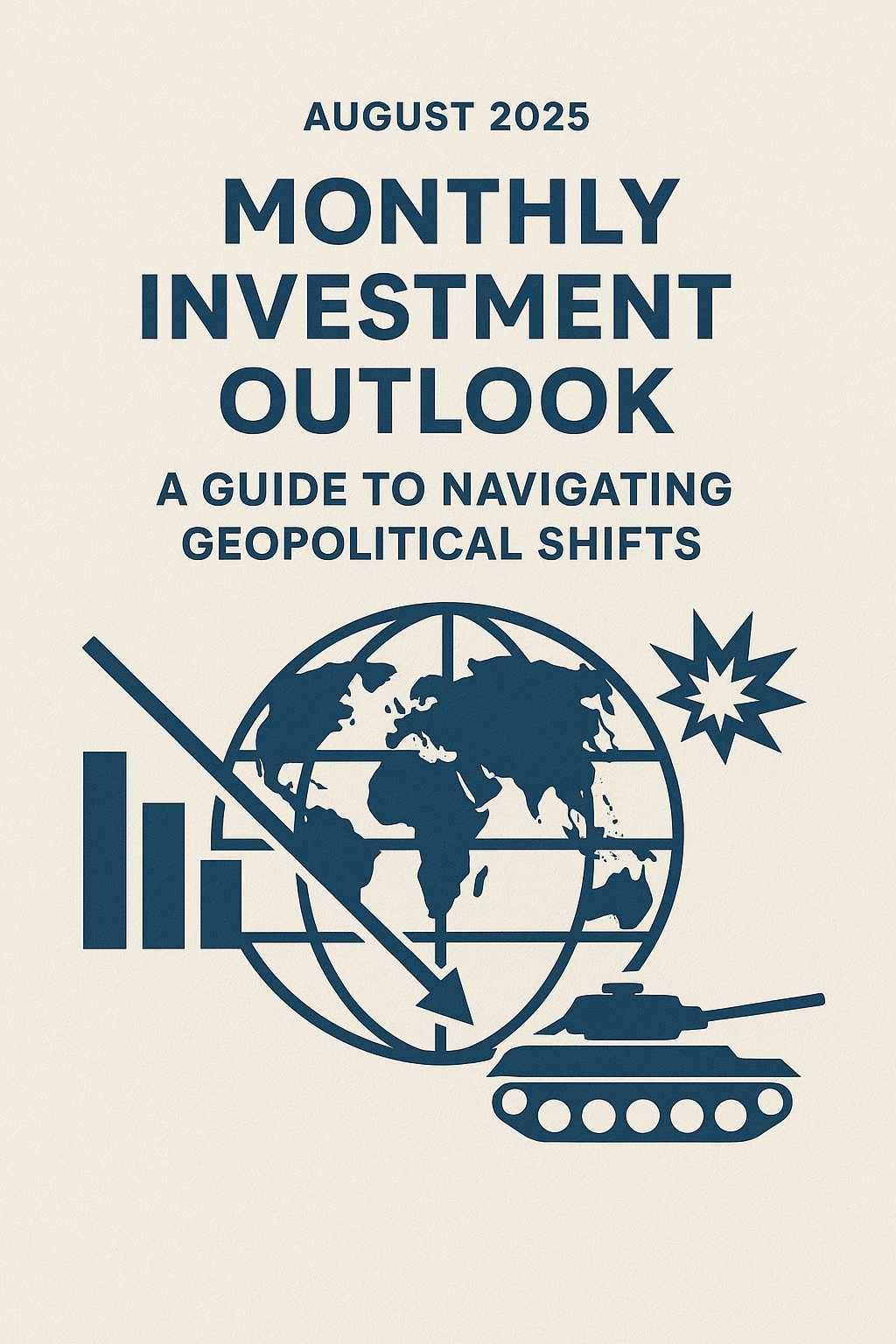
Is Your Portfolio Ready for a Bifurcated World? Your August 2025 Guide
Rising tensions, trade headlines, and shifting alliances can make the global market feel like a minefield for investors. In this climate of uncertainty, understanding the why behind the news is your most critical advantage. This August 2025 outlook cuts through the noise, exploring the pivotal geopolitical shifts—from semiconductor supply chains to rare earth dominance—and provides a clear framework for protecting and growing your wealth.
The Semiconductor Battlefield: Beyond the Headlines of “Trade Truces”
Recent headlines around NVIDIA’s H20 chip exemplify the complex reality investors must navigate. Contrary to some reports, production halts were not a failure of U.S. manufacturing but a result of Chinese authorities urging local firms to avoid the chip due to security concerns. The H20 is a specialized variant, designed precisely to navigate U.S. export controls for the Chinese market.
This incident highlights a critical new reality: the global supply chain is fragmenting. Companies are now permanent fixtures on a geopolitical battlefield. The notion of a simple “trade truce” between the U.S. and China is a mirage. We are not moving toward peace but toward a managed, strategic competition—a bifurcated global economy with separate technology and trade ecosystems forming around these two powers.
For investors, this means the old rules no longer apply. Opportunity won’t be found in waiting for a deal that may never come, but in adapting to this new structure.
Rare Earths: The Silent Geopolitical Weapon
Why does the U.S. respond differently to China than to India regarding Russian oil? The answer lies in a cold calculation of leverage, centered on one critical resource: rare earth elements.
These 17 metals are the lifeblood of modern technology, essential for everything from EVs and smartphones to advanced weapons systems. While mines exist globally, China controls nearly 90% of the world’s refining capacity. This dominance isn’t an accident; it’s the result of decades of state investment, creating a sophisticated, integrated, and subsidized processing infrastructure that is nearly impossible for private Western companies to compete with due to immense capital costs and a lack of a guaranteed market.
This gives China a powerful strategic weapon. Any severe punitive action from the U.S. risks triggering export controls that could paralyze key American industries. This silent standoff is a permanent feature of the new global order, making supply chain resilience a paramount investment criterion.
Singapore: The Strategic Anchor in a Sea of Uncertainty
In a world forcing nations to choose sides, Singapore’s refusal to do so is its greatest strength—and a unique opportunity for investors.
Prime Minister Lawrence Wong’s clear-eyed stance—engaging honestly with both powers while steadfastly protecting Singapore’s own sovereignty—is more than just foreign policy. It is a compelling investment thesis.
Singapore transforms from just a market into a strategic portfolio anchor. Its political stability, economic strength, and role as a financial and technological gateway to Southeast Asia offer a rare combination of growth and reduced geopolitical risk. Assets denominated in SGD, listed on the SGX, or tied to its robust economy (like its world-leading banking and REIT sectors) provide a crucial layer of diversification away from the direct fallout of U.S.-China tensions.
The Investment Playbook: Four Principles for a New Era
1. Make Strategic Diversification Non-Negotiable. The era of relying solely on U.S. equities is over. Deliberately overweight stable, well-managed markets like Singapore that navigate these shifts adeptly. This isn’t about abandoning the U.S., but about building a robust portfolio that can withstand volatility from any single region.
2. Prioritize Supply Chain Resilience. Seek out companies—in semiconductors, manufacturing, or tech—that have diversified their supply chains and are not overly reliant on a single geopolitical bloc. This operational strength is now a key marker of lower risk and a competitive advantage.
3. Hedge with Tangible and Stable Assets. Allocate a portion of your portfolio to assets that act as a store of value. This includes gold, but also consider high-quality Singapore Government Bonds (SGS) for their dual benefit of stability and a credit-risk-free yield.
4. Invest in Secular Trends, Not Daily Headlines. The biggest opportunities lie in long-term, government-backed needs. The critical need for non-Chinese rare earth processing is one example—a sector poised for significant investment and growth. Avoid reactive investing based on news cycles.
Your Personalized Geopolitical Strategy
The themes outlined here are universal, but your financial situation is unique. Navigating this new investment landscape requires a plan tailored to your specific goals, risk tolerance, and timeline.
I can help you build that plan.
If you’re considering how to position your portfolio for the opportunities and risks of a bifurcating world, let’s start a conversation.
Schedule a complimentary, no-obligation consultation with me today.
Together, we can build a strategy that seeks not just to protect your capital, but to help it grow through informed, strategic decisions
Important: The information and opinions in this article are for general information purposes only. They should not be relied on as professional financial advice. Readers should seek unbiased financial advice that is customised to their specific financial objectives, situations & needs. This advertisement or publication has not been reviewed by the Monetary Authority of Singapore.

Published By:
Forget generic financial plans. I believe in crafting strategies as unique as you are. Whether you’re just starting out, building a family, or planning for retirement, my approach begins with listening. Understanding your individual circumstances, your priorities, and your dreams is paramount. Together, we’ll develop a practical, step-by-step plan to navigate your financial journey, ensuring you feel informed, confident, and in control every step of the way.

CONTACT US
- 150 Beach Road #12-01/08, Gateway West Singapore 189720
- +65 62221889
- +65 62221019
- feedback@fa.com.sg
